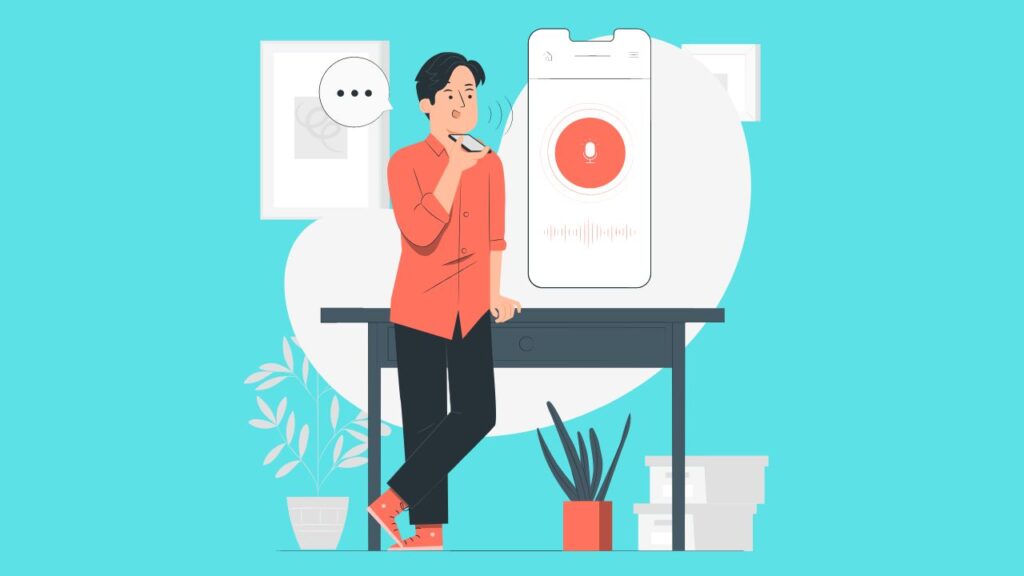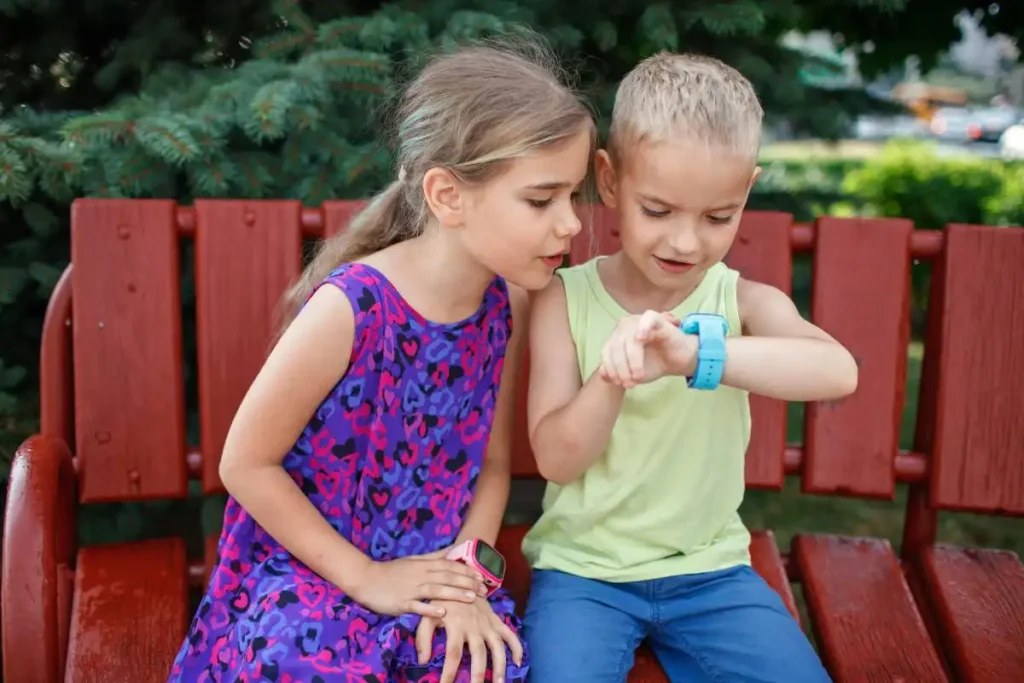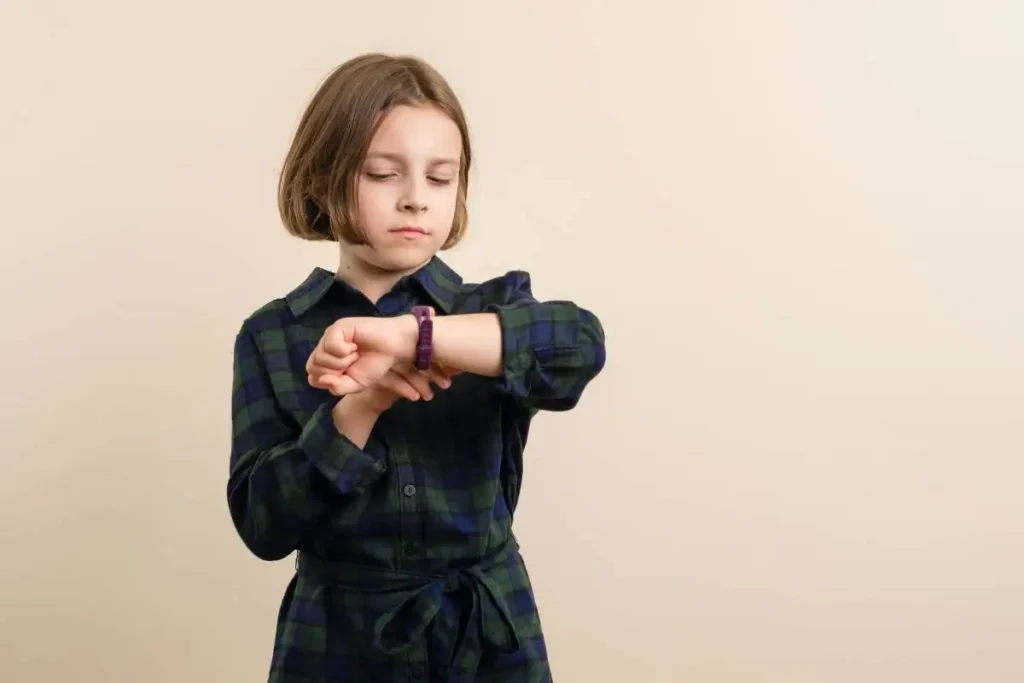GPS trackers are a useful tool to help caregivers keep track of seniors with dementia or Alzheimer’s disease. These devices can help prevent wandering, a common and dangerous behavior associated with these conditions. A GPS tracker can provide peace of mind for the caregiver and the person with dementia.
GPS trackers use satellite technology to pinpoint the device’s location. The device can be attached to a person’s clothing or worn like a watch. The caregiver can then use a smartphone app or website to track the location of the person with dementia. Some GPS trackers also have additional features, such as fall detection or two-way communication.
Top 10 GPS Trackers for Dementia
When choosing a GPS tracker for a dementia patient, it’s essential to consider factors such as ease of use, accuracy of tracking, battery life, durability, and additional features like geofencing and SOS alerts. Caregivers should also ensure that the tracker is comfortable for the wearer to use or wear regularly.
1. MedicSignal
Criteria for Choosing the Best GPS Trackers
When it comes to finding the best GPS trackers for dementia patients, there are several factors that one should consider. Here are some of the most important criteria to keep in mind:
1. Ease of Use
The GPS tracker should be easy to use and operate. It should have simple controls and an intuitive interface that is easy to navigate. The device should be easy to set up and install, and the user should be able to quickly access the information they need.
2. Comfort and Design
The GPS tracker should be comfortable to wear and should not cause any discomfort or irritation to the user. The design should be discreet and should not draw attention to the wearer. The device should be lightweight and compact, so it can be worn for extended periods without causing any discomfort.
3. Accuracy and Reliability
The GPS tracker should be accurate and reliable, providing real-time location information that is up-to-date and accurate. The device should be able to work in all types of weather conditions, and should not be affected by interference from other devices.
4. Battery Life
The GPS tracker should have a long battery life, so it can be worn for extended periods without needing to be recharged. The device should have a low battery indicator, so the user knows when it needs to be recharged.
5. Safety Features
The GPS tracker should have safety features such as an emergency button that can be pressed in case of an emergency. The device should also have a geo-fencing feature that alerts the user when the wearer goes outside of a predetermined area.
Setting Up Your GPS Tracker
Setting up a GPS tracker for a loved one with dementia can be a daunting task, but it is essential to ensure their safety. Here are a few tips to help you get started:
1. Choose the Right GPS Tracker
There are many GPS trackers available in the market, and it is crucial to choose the one that best fits your loved one’s needs. Consider factors such as battery life, accuracy, and ease of use when making your selection.
2. Charge the GPS Tracker
Before setting up the GPS tracker, make sure it is fully charged. Most GPS trackers come with a charging cable that you can use to charge the device. It is essential to ensure that the device is charged regularly to avoid running out of battery when you need it the most.
3. Download the Companion App
Most GPS trackers come with a companion app that you can download on your smartphone. The app allows you to track your loved one’s location in real time, set up geofencing, and receive alerts when they leave a designated area. Make sure you download the app and set it up before using the GPS tracker.
4. Set Up Geofencing
Geofencing is a feature that allows you to set up a virtual boundary around a specific area. When your loved one leaves the designated area, you will receive an alert on your smartphone. Setting up geofencing can help you keep track of your loved one’s movements and ensure their safety.
5. Test the GPS Tracker
Before using the GPS tracker, it is essential to test it to ensure that it is working correctly. Take the device outside and walk around with it to see if it is accurately tracking your location. If you notice any issues, contact the manufacturer’s customer support for assistance.
By following these steps, you can set up your GPS tracker and ensure your loved one’s safety. Remember to check the device regularly and charge it as needed to ensure that it is always ready when you need it.
Using GPS Trackers in Everyday Life
GPS trackers can be a valuable tool for caregivers of those with dementia. They can help keep track of their loved one’s location and provide peace of mind. Here are some ways GPS trackers can be used in everyday life.
Daily Routines
GPS trackers can be used to monitor the daily routines of those with dementia. Caregivers can set up geofencing, which alerts them when their loved one has left a certain area. This can be useful for ensuring they don’t wander off or get lost. GPS trackers can also be used to monitor sleep patterns. Caregivers can see when their loved one goes to bed and wakes up, which can help them establish a routine.
Emergency Situations
One of the most important uses of GPS trackers is in emergencies. If a loved one with dementia wanders off and gets lost, the GPS tracker can help locate them quickly. Caregivers can also set up emergency alerts, which notify them if their loved one has fallen or is in distress. Some GPS trackers also have a panic button, which the loved one can press if they need help.
It’s important to note that GPS trackers should not be relied on as the sole means of keeping a loved one with dementia safe. Caregivers should still take precautions such as securing doors and windows and ensuring their loved one always wears identification. However, GPS trackers can be a helpful tool in ensuring their safety and well-being.
Legal and Ethical Considerations
When it comes to using GPS trackers for people with dementia, there are some legal and ethical considerations to keep in mind. Here are a few things to consider:
Legal Considerations
It is legal to use GPS trackers for people with dementia, as long as you have their consent or the consent of their legal guardian. However, it is important to note that GPS trackers cannot be used to monitor someone without their knowledge or consent. Additionally, it is important to ensure that the GPS tracker is not used to violate the person’s privacy or rights.
Ethical Considerations
While GPS trackers can be a useful tool for people with dementia and their caregivers, there are also ethical considerations to keep in mind. For example, some people may feel that using a GPS tracker is an invasion of privacy, or that it is a form of surveillance. Additionally, some people may feel that using a GPS tracker is a sign that the person with dementia is not trusted or respected.
It is important to have open and honest conversations with the person with dementia and their caregivers about the use of GPS trackers. This can help to ensure that everyone is on the same page and that the person with dementia feels respected and valued. Additionally, it is important to ensure that the GPS tracker is used in a way that is respectful of the person’s rights and privacy.
Cost and Subscription Models
When it comes to GPS trackers for dementia patients, the cost and subscription models can vary widely. Some devices require a one-time purchase, while others require a monthly or yearly subscription. Here are some of the most common cost and subscription models for GPS trackers for dementia patients.
One-Time Purchase
Some GPS trackers for dementia patients require a one-time purchase. These devices are typically more expensive upfront but do not require any ongoing subscription fees. For example, the PrimeTracking Personal GPS Tracker is a popular GPS tracker that only requires a one-time purchase of the device.
Monthly Subscription
Many GPS trackers for dementia patients require a monthly subscription. These devices are typically less expensive upfront but require ongoing subscription fees. For example, the MedicSignal requires a monthly subscription fee of $21.95.
Annual Subscription
Some GPS trackers for dementia patients offer an annual subscription option. These devices are typically less expensive than monthly subscription models but require a larger upfront payment.
Additional Fees
It is important to note that some GPS trackers for dementia patients may have additional fees beyond the initial purchase or subscription. For example, some devices may require activation fees or cancellation fees. It is important to read the fine print and understand all fees associated with a GPS tracker before making a purchase.
Customer Support and Warranty
When it comes to GPS trackers for dementia patients, having reliable customer support and a good warranty is crucial. It’s important to have a company that is willing to stand behind its product and provide assistance if needed.
Most of the GPS trackers for dementia patients come with a warranty, but the length and coverage can vary. For example, the MedicSignal comes with a one-year warranty that covers manufacturing defects.
Aside from the warranty, it’s important to have good customer support. This can include a variety of things such as phone and email support, online resources, and even a community forum.
Another important aspect of customer support is response time. It’s important to have a company that responds quickly to any issues or questions that may arise.
User Reviews and Testimonials
One of the best ways to gauge the effectiveness of a GPS tracker for dementia is to look at user reviews and testimonials. Here are some reviews and feedback from real users of the top 10 GPS trackers for dementia:
- MedicSignal GPS Tracker: Users have praised the accuracy and reliability of this tracker, with one user saying “MedicSignal has been a lifesaver for our family. It gives us peace of mind knowing that we can always locate our loved one quickly and easily.”
- Trax Play GPS Tracker: Users appreciate the small size and lightweight design of this tracker, with one user saying “Trax Play is so small and unobtrusive that my mom forgets she’s even wearing it. It’s been a great way to keep an eye on her without making her feel like she’s being monitored.”
- PocketFinder GPS Tracker: Users have praised the long battery life of the PocketFinder, with one user saying “I love that I only have to charge the PocketFinder once a week. It’s been a great way to keep tabs on my dad without having to worry about the battery dying.”
- Spytec GL300 GPS Tracker: Users appreciate the ease of use and intuitive interface of this tracker, with one user saying “I’m not very tech-savvy, but the Spytec GL300 was incredibly easy to set up and use. I was able to start tracking my mom within minutes of unboxing it.”
- Yepzon One GPS Tracker: Users like the affordable price point of the Yepzon One, with one user saying “I was hesitant to spend a lot of money on a GPS tracker, but the Yepzon One was affordable and works great. It’s been a great way to keep an eye on my husband without breaking the bank.”
- Garmin Speak GPS Tracker: Users appreciate the voice-activated feature of the Garmin Speak, with one user saying “I love that I can just ask the Garmin Speak where my mom is and it will give me her location. It’s been so convenient and easy to use.”
- Jiobit GPS Tracker: Users like the real-time location updates and geofencing features of the Jiobit, with one user saying “The Jiobit is great because I can set up a geofence around my dad’s house and get an alert if he leaves. It’s been a great way to keep him safe and secure.”
- Trackimo GPS Tracker: Users have praised the accuracy and reliability of the Trackimo, with one user saying “The Trackimo has been incredibly accurate and has never let me down. It’s been a great way to keep tabs on my mom and make sure she’s safe.”
- iTraq Nano GPS Tracker: Users appreciate the long battery life and global coverage of the iTraq Nano, with one user saying “I love that I can use the iTraq Nano anywhere in the world and still get accurate location updates. It’s been a great way to keep tabs on my mom when she’s traveling.”
- Caref GPS Tracker: Users like the simplicity and ease of use of the Caref, with one user saying “The Caref is so easy to use and has been a great way to keep tabs on my dad. It’s been a lifesaver for our family.”
Alternatives to GPS Trackers
While GPS trackers are a great way to keep tabs on a loved one with dementia, they are not always the best option. Some individuals may not want to wear a GPS tracker or may not be able to use one due to physical or cognitive limitations. In those cases, there are several other options to consider.
Medical Alert Systems
Medical alert systems are great alternatives to GPS trackers. These systems typically consist of a wearable device, such as a pendant or bracelet, that the individual can press in case of an emergency. When the button is pressed, a call is made to a monitoring center where an operator can assess the situation and call for help if needed. Some medical alert systems also come with fall detection technology, which can automatically call for help if the individual falls and is unable to press the button.
Home Security Systems
Home security systems can also be used to keep tabs on a loved one with dementia. Many home security systems come with motion sensors and door sensors that can alert caregivers when the individual has left the house or entered a restricted area. Some systems also come with video cameras that can be accessed remotely, allowing caregivers to check in on their loved ones at any time.
Smart Home Devices
Smart home devices, such as Amazon Echo and Google Home, can also be used to keep tabs on a loved one with dementia. These devices can be programmed to remind the individual to take their medication, turn off the stove, or lock the door. Caregivers can also use the devices to check in on their loved ones and make sure they are okay.
While GPS trackers are a popular option for individuals with dementia, they are not always the best choice. Medical alert systems, home security systems, and smart home devices are all great alternatives to consider. Caregivers should assess their loved one’s needs and abilities to determine which option will work best for them.






